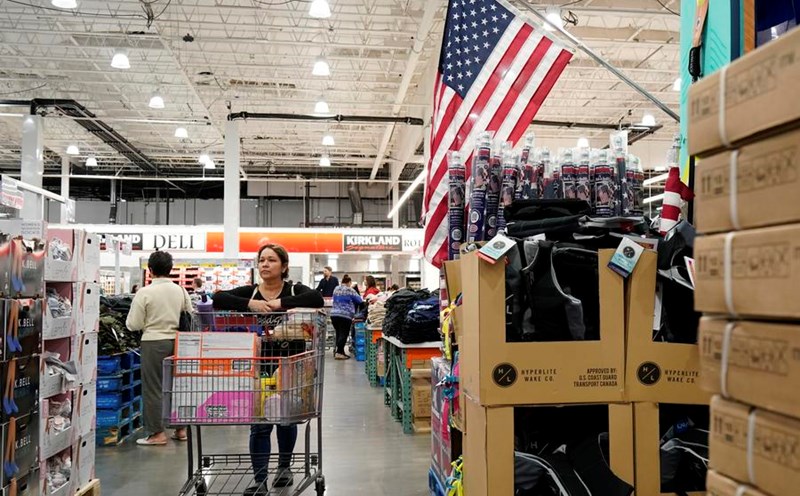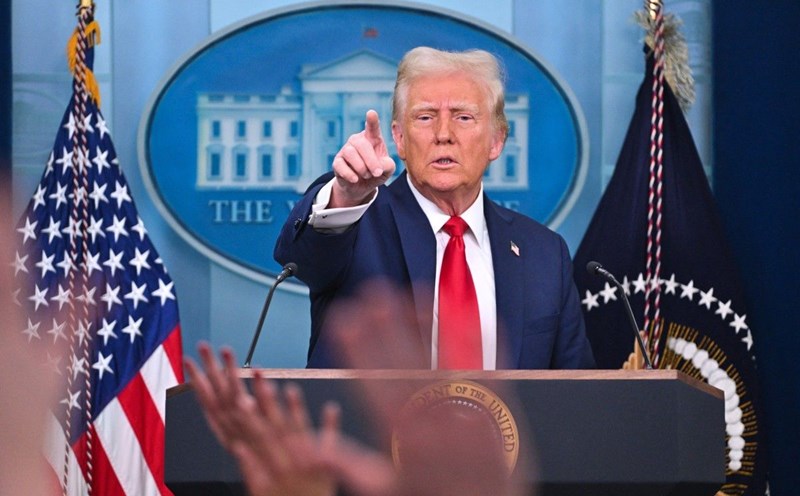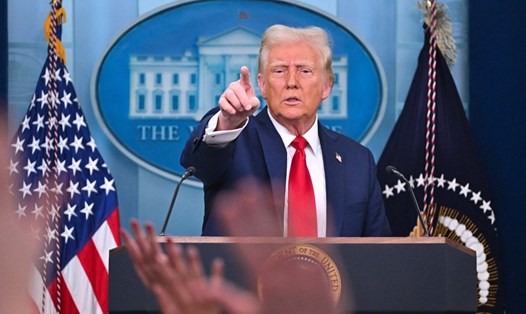RT reported that US President Donald Trump has announced his intention to impose tariffs on the EU, citing unfair treatment in trade practices.
The move comes after the US began imposing a 25% tariff on imports from Mexico and Canada, and a 10% tariff on Chinese goods, effective from February 1, 2025.
The European Union has been preparing for possible trade restrictions under the new US administration for months after Mr Trump repeatedly threatened to impose tariffs on the EU unless it met specific conditions. In December, Mr Trump demanded that the EU reduce its trade deficit with the US by significantly increasing its purchases of US oil and gas.
"Should I impose tariffs on the European Union? Do you want an honest answer, or should I give a political answer? Absolutely, I will impose tariffs" - President Donald Trump told reporters at the White House on January 31.
“The European Union has treated us very badly,” the US leader added. He confirmed plans to take “a significant action” against the EU but did not provide specific details about the targeted products or the exact tariff levels.
This is not the first time that trade tensions between the US and the EU have arisen under the Trump administration. In 2018, during his first term, Trump imposed a 25% tariff on steel and a 10% tariff on aluminum imported from the EU, Canada and Mexico, citing national security concerns. In response, the EU imposed retaliatory tariffs on US products such as bourbon whiskey and motorcycles.
New tariffs on Mexico and Canada are being justified by the Trump administration as a way to address issues like illegal immigration and the flow of fentanyl drugs into the United States.
Despite warnings from economists about potential consequences for the global economy, including rising inflation and disrupted supply chains, President Donald Trump has stuck to his approach.
Mr Trump also threatened to impose 100% tariffs on BRICS nations if they tried to undermine the “mighty US dollar” by creating an alternative currency.
Members of the BRICS economic bloc have accelerated efforts to reduce their dependence on third-party currencies in bilateral trade in recent years, especially after Western sanctions led to the freezing of Russia's reserves in dollars and euros, following the escalation of the Ukraine conflict in 2022.











